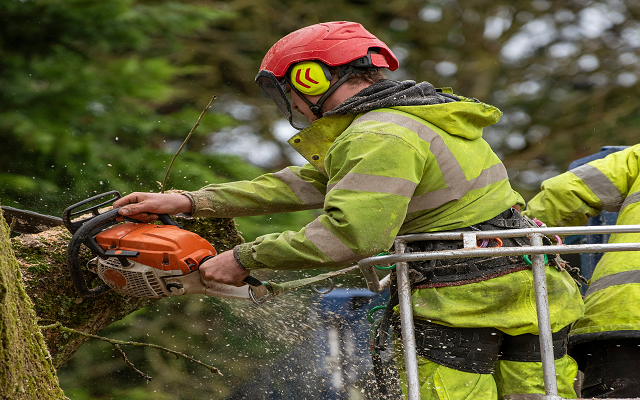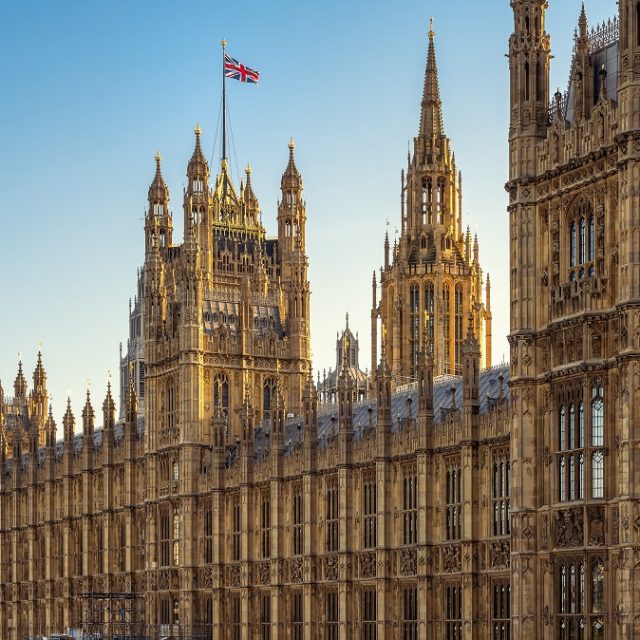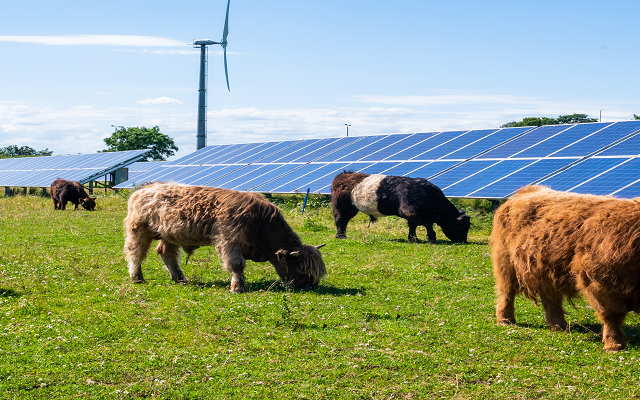Land Business Update | Week Commencing 4th July
Welcome to our update on key land management, farming, planning and energy issues.
FARMING AND FOOD
Government food strategy
The government has published its response to the Henry Dimbleby–led independent food strategy that Michel Gove commissioned in 2019. The independent strategy’s aim was to, “investigate the entire food system, from field to fork” and, ideally, reshape it due to “the urgent threat of climate change and rising levels of diet-related disease”; its publication was greeted with much enthusiasm but the government’s actual strategy has had a much more muted response. It is either silent or does not support many of Dimbleby’s key recommendations – The Week says that of Dimbleby’s 14 recommendations, seven were ignored, three partially implemented and four adopted (of which two have already been announced). Two of the major recommendations – to make diets healthier by reducing meat and dairy consumption and introducing a sugar and salt reformulation tax on manufacturers – are both dropped. Dimbleby has said that, “it doesn’t set out a clear vision as to why we have the problems we have now and it doesn’t set out what needs to be done.” Others have been even more scathing although it was broadly welcomed by the NFU as a, “clear milestone, with the government recognising the importance of domestic food production”. S&P comment: we have written a summary of the government strategy and compared it with Dimbleby’s recommendations, as well as summarise initial responses to the report. Views of the strategy will probably come down to personal views on the existing food and farming industry. If you think that the current system works well, then you will probably support the strategy. As many commentators have said, it is largely a status quo. If you – like Henry Dimbleby – think that significant change is needed, then you are likely to be very disappointed. See our forthcoming blog soon.
Sustainable Farming Incentive 2022 open from 30th June
Land managers will be able to apply for three standards: arable and horticultural soils, improved grassland soils, and moorland. Applications will be accepted on a rolling basis. S&P comment: consider whether the SFI is suitable for your business and it is possible and more profitable to stack it with Countryside Stewardship on the same land. If you would like to know more or would like help applying to SFI, please contact Alice Johnson.
ENVIRONMENT
Government guidance on ‘stacking’ ecosystem services payments
Defra has confirmed that land managers receiving payments under the English Woodland Creation Offer (EWCO) may be eligible to generate carbon credits under the Woodland Carbon Code if a project meets the Code’s additionality tests. Moreover, it is planning to publish a ‘policy framework’ later this summer on ecosystem market development, including principles on stacking public and private funding. If you would like to know more, read our blog post or contact Duncan Glen. For specific EWCO queries please contact Matthew Bennison.
Farming rules for water guidance changed as it encouraged unlawful pollution
The Environment Agency will now enforce breaches of the rules if excess manures are applied to land which could lead to nutrient overload. Salmon and Trout Conservation had threatened Defra with judicial review if its advice to the Environment Agency to not enforce against breaches was not changed. After originally rejecting the claim, Defra has now changed the guidance.
The Farming Rules for Water were introduced in 2018 in response to European Commission threats to take the UK to court over its failure to deal with diffuse agricultural pollution and protect rivers under the Water Framework Directive. To date, the Environment Agency has not prosecuted any land managers for breaking the Farming Rules. While this is a victory for Salmon and Trout Conservation (and the environment), it fears that the Rees-Mogg-led plan to remove all remaining EU laws by June 2026 will lead to even worse water pollution. NB Currently, not one river, lake or stream monitored in England has passed tests for chemical pollution. 84% do not meet the government’s target of good ecological status. There is no progress towards the target of 100% healthy waters by 2027. Salmon and Trout Conservation said English river quality was among the worst and blame a lack of political will, lack of investment and dramatic cuts to Environment Agency monitoring for the “depressing” picture.
PPP registration deadline extended
Users of professional plant protection products (PPPs) had until 22nd June 2022 to register but Defra has announced that it is still accepting registrations. If you are a PPP user, please register here as soon as possible. We have also published a blog on this.
The Office for Environmental Protection (OEP) publishes its strategy and enforcement policy
The OEP is a new independent public body, created by the Environment Act 2021, to act as an advisor to the government on environmental matters in England and Northern Ireland. Its main objectives include: striving for an improved environment by holding government accountable for delivery of environmental goals and targets; and improving the design, implementation of and compliance with environmental laws. The OEP will work closely with the Climate Change Committee (CCC) due to the similarity of their roles. A key difference between the two is that the CCC does not have an enforcement power, whereas the OEP’s enforcement powers include dealing with complaints, conducting investigations and, if required, commencing legal procedures.
FORESTRY
The future of the Elm tree conference
The conference, organised by the Institute of Chartered Foresters, brought together experts from the UK and other countries to discuss restoring elm to the landscape. The core of the conference was on research into the disease. S&P comment: listening to the speakers, it was clear that there are no simple solutions. Work continues on programmes to identify traits in elm that give it resistance, breed resistant cultivars, on propagation and on restoration. There are some inspiring examples of where elm is already being restored to landscapes, in Spain, the Netherland and the US. We were delighted to sponsor the conference and a number of clients are actively involved in elm planting. For a short summary of the conference, read Matthew Bennison’s blog.
Tree planting in England is still less than half of annual target
About 2,700 hectares of trees were planted in England in 2021/22, which is 10% higher than the previous year but still less than half of the annual target of 7,000 hectares per year by 2024. There is a similar picture across the UK, with the 14,000 hectares of new woodland also being less than half of the annual target of 30,000 hectares. The government has started to include trees planted outside of woodland in the data, which accounted for 400 hectares. The Confederation of Forest Industries (Confor), which represents more than 1,500 forestry and wood businesses around the UK, said this is “a total policy failure in both economic and environmental terms”. S&P comment – we think that there are a range of factors preventing land managers from planting trees – surety of the grant process, surety about the ability to switch grant funding to the new ELM schemes, surety about the ability to generate carbon and other environmental credits, and increased interest in food production.
RURAL ECONOMY
Rural as a region: the hidden challenge for Levelling Up
The Rural Services Network has published some thought provoking research on the government’s Levelling Up white paper, which it is does not capture the true picture of rural disadvantage and could actually widen the gap between rural communities and their urban counterparts. One of the main reasons for this is that the economic and social differences within regions tend to be greater than differences between regions, and so ‘averages’ over an area fail to pick up pockets of disadvantage. The report says that the government needs to use additional metrics and suggests a number of them, which should be measured at district level or lower.
Government announces review into short-term tourist accommodation in England
The review is seeking to understand the impact of the increase in short-term holiday lets on people living in those areas. Anecdotal evidence is that they are driving more people out of their communities. Part of the background is the large increase in Airbnb listings. The review is also concerned with the safety of the properties being let and says that the government is considering a registration ‘kitemark’ scheme. Scotland has already legislated so that all local authorities must establish a licensing scheme by October 2022. In Northern Ireland, tourist accommodation now needs a certificate issued by the national tourist board and Wales the intention is to have a statutory registration or licensing scheme.






